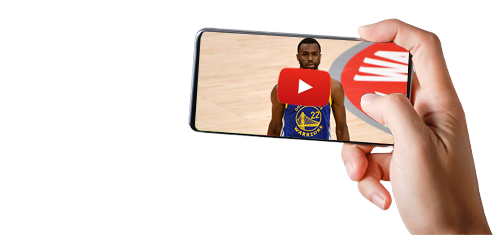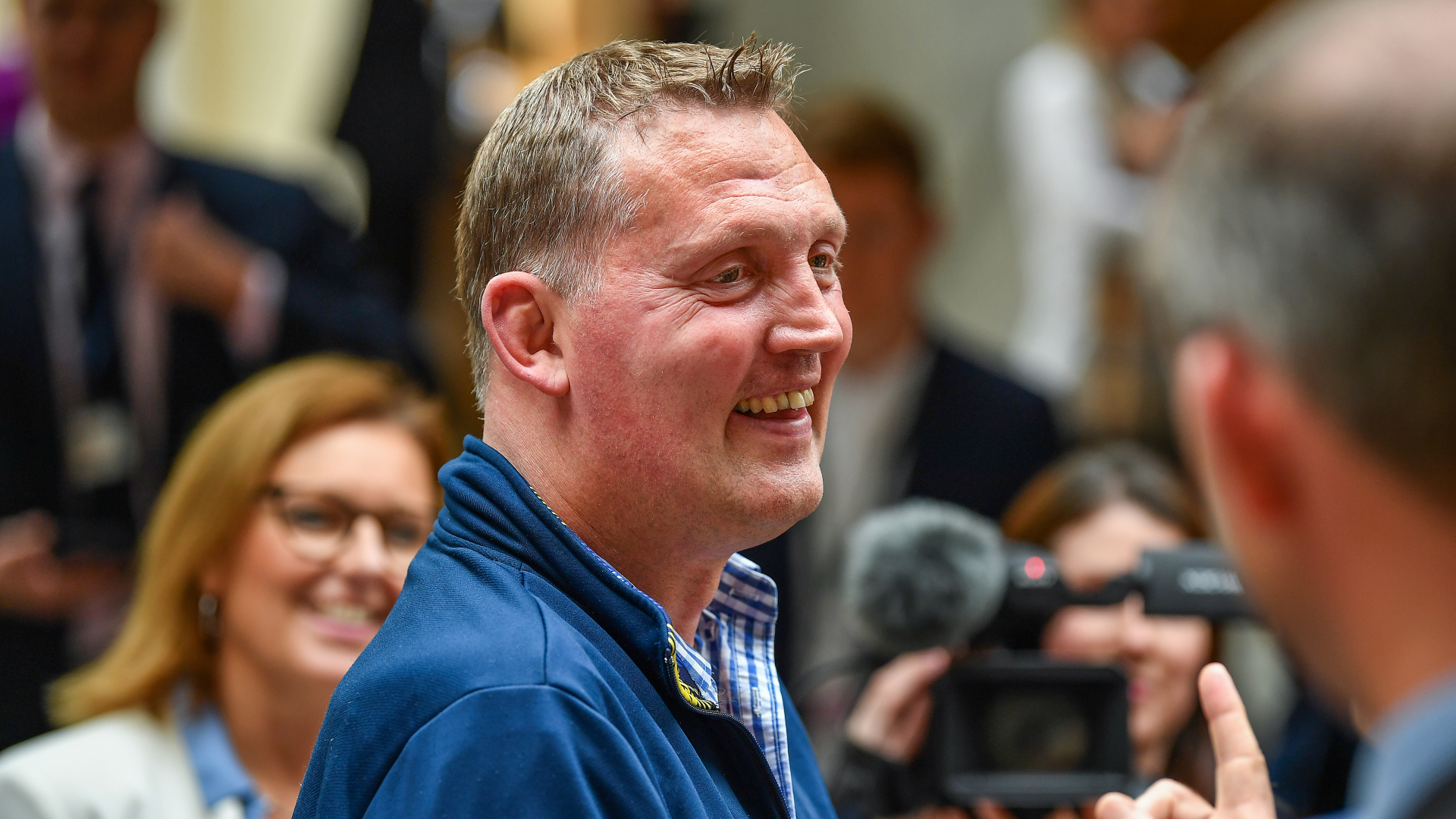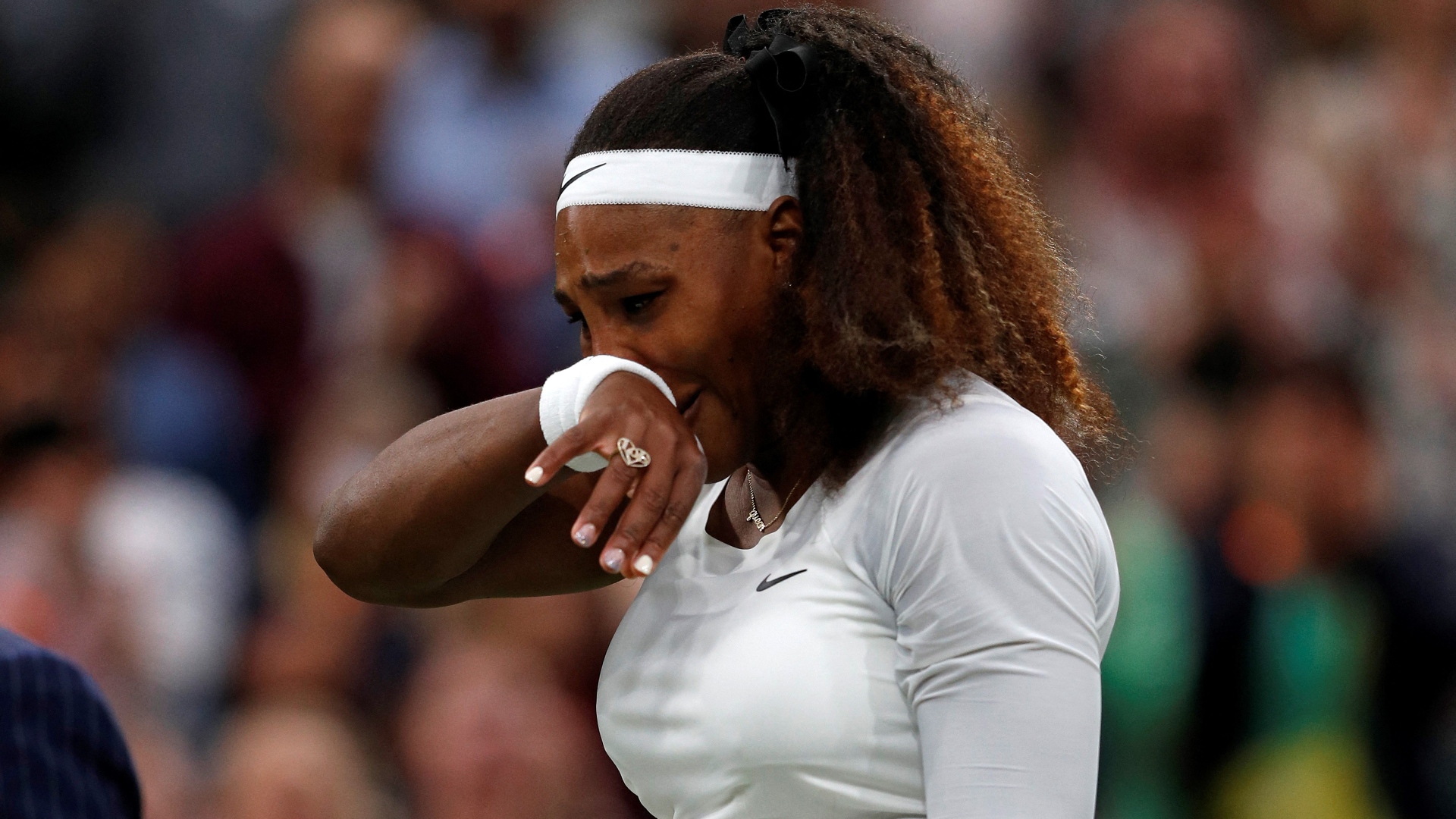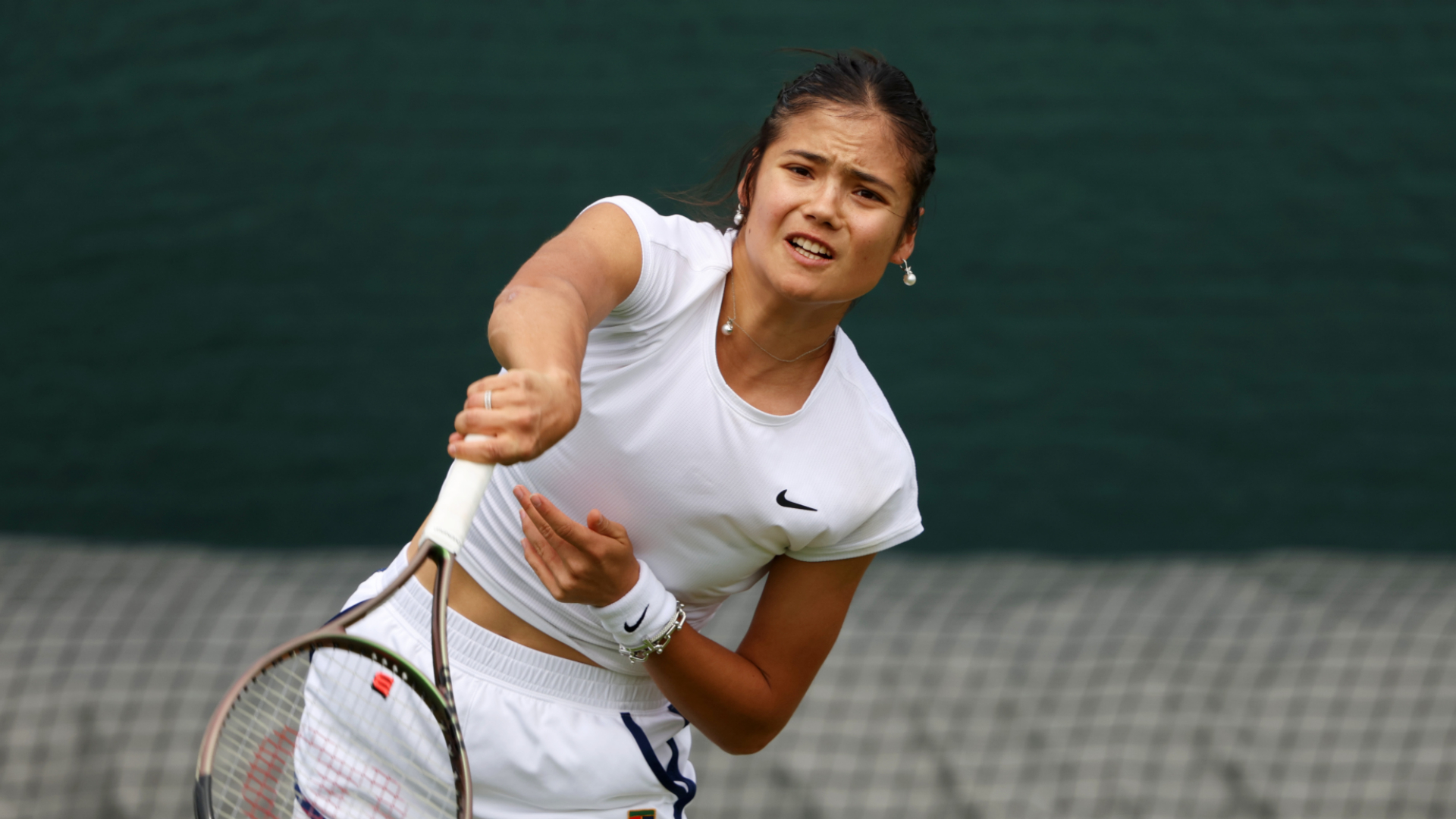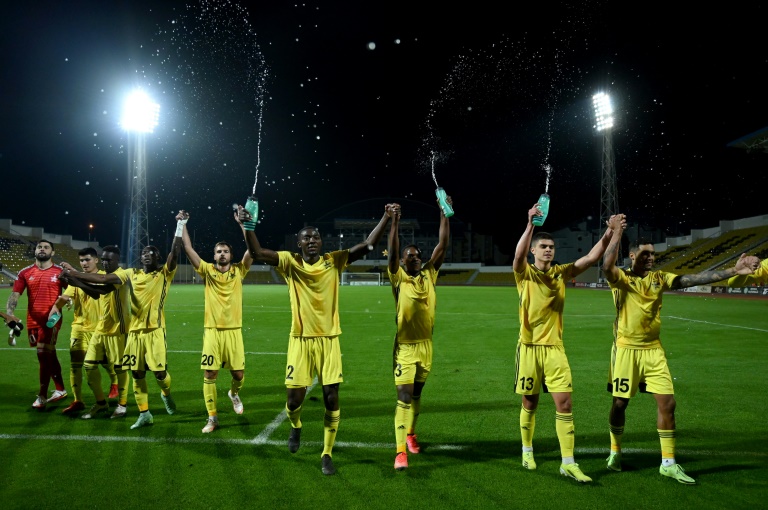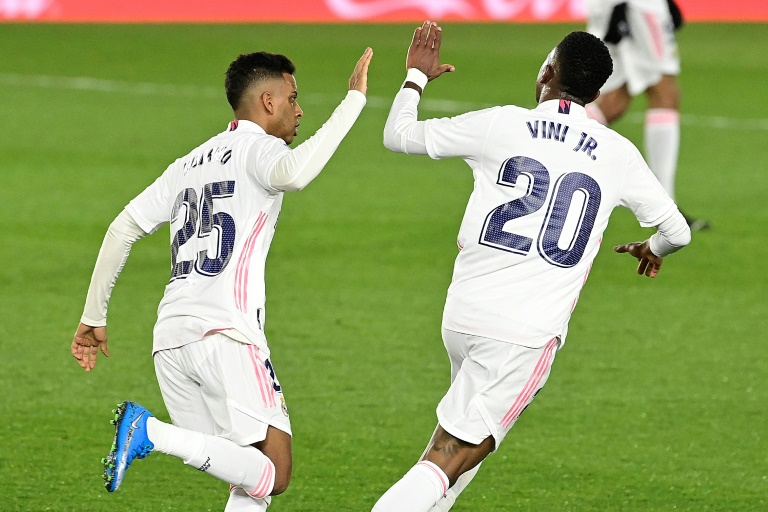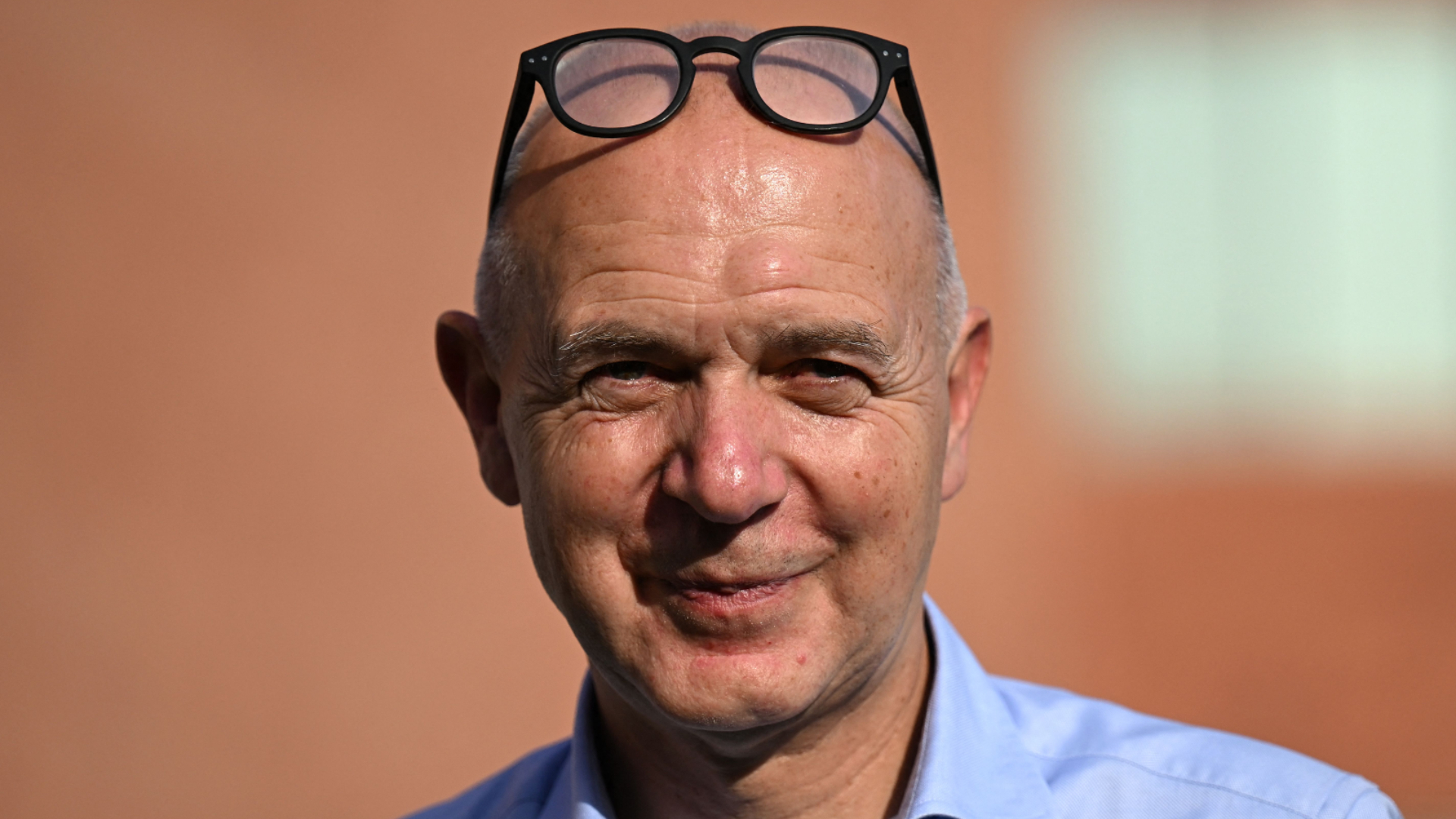
Germany are “quite willing to accept a fine” to allow their players to wear a rainbow armband at the Qatar World Cup, association chief Bernd Neuendorf said on Friday.
The ‘One Love’ diversity campaign in support of LGBTQ+ rights.was launched in September amid concerns over human rights in Qatar, where same-sex relationships are illegal.
Part of that movement entails a number of captains wearing a distinctive rainbow heart-adorned armband at the tournament to raise awareness against discrimination.
This breaks FIFA regulations, which prohibit teams from choosing their own armband designs at the World Cup, though nations such as England have suggested they will defy those rules.
FIFA president Gianni Infantino wrote a letter to all 32 teams who will play at the World Cup, encouraging them to focus on football.
Neuendorf insists the German Football Association (DFB) would risk any such sanction from FIFA, indicating there will be no backing down.
“I am quite willing to accept a fine,” Neuendorf told reporters. “This is not a political statement, but a statement for human rights.”
Neuendorf’s comments come in the wake of France captain Hugo Lloris opting not to wear the rainbow armband, having initially agreed to do so, saying players should “show respect” in Qatar.
Lloris declared it should be politicians rather than footballers who are pressured into discussing human rights issues, adding: “There’s too much pressure on the players. We are at the bottom of the chain.
“You have to understand that for players this opportunity happens every four years and you want every chance to succeed. The focus has to be on the field. The rest is for politicians. We are athletes.”
There has also been controversy over workers’ rights in Qatar, with reports of thousands dying while building the seven new stadiums and infrastructure involved in staging the tournament.
Germany’s players are donating €1million to a children’s village in Nepal in solidarity with the migrant workers.
Neuendorf said: “The money comes directly from the players. It was a special concern for the team. Four hundred thousand migrant workers come from Nepal. We want to support the people where they come from in order to relieve the migration pressure.”
With Germany’s tournament set to get under way against Japan on Wednesday, Neuendorf feels confident heading into that match, saying: “I am firmly convinced that we will have a positive start and will certainly win the game.”
Following the Japan fixture, Hansi Flick’s men will take on Spain and Costa Rica in Group E.



